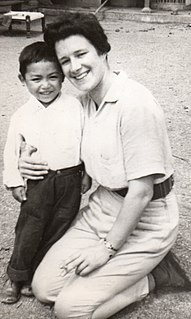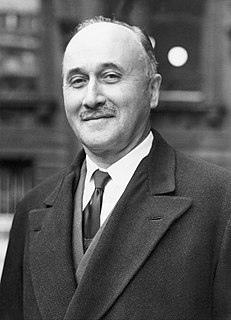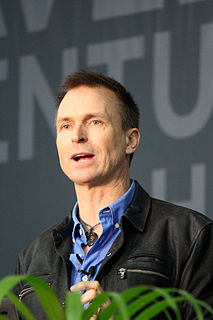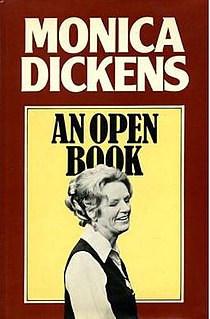A Quote by Leonard Cohen
We do what only lovers can: make a gift out of necessity.
Related Quotes
Manhood begins when we have in any way made truce with Necessity; begins even when we have surrendered to Necessity, as the most part only do; but begins joyfully and hopefully only when we have reconciled ourselves to Necessity; and thus, in reality, triumphed over it, and felt that in Necessity we are free.
The very best reason parents are so special . . . is because we are the holders of a priceless gift, a gift we received from countless generations we never knew, a gift that only we now possess and only we can give to our children. That unique gift, of course, is the gift of ourselves. Whatever we can do to give that gift, and to help others receive it, is worth the challenge of all our human endeavor.
To me writing was not a career but a necessity. And so it remains, though I am now, technically, a professional writer. The strength of this inborn desire to write has always baffled me. It is understandable that the really gifted should feel an overwhelming urge to use their gift; but a strong urge with only a slight gift seems almost a genetic mistake.
Lovers O lovers, lovers it is time to set out from the world. I hear a drum in my soul's ear coming from the depths of the stars. Our camel driver is at work; the caravan is being readied. He asks that we forgive him for the disturbance he has caused us, He asks why we travellers are asleep. Everywhere the murmur of departure; the stars, like candles thrust at us from behind blue veils, and as if to make the invisible plain, a wondrous people have come forth.
The grace of God means something like: Here is your life. You might never have been, but you are because the party wouldn't have been complete without you. Here is the world. Beautiful and terrible things will happen. Don't be afraid. I am with you. Nothing can ever separate us. It's for you I created the universe. I love you. There's only one catch. Like any other gift, the gift of grace can be yours only if you'll reach out and take it. Maybe being able to reach out and take it is a gift too.
It can be a necessary conceptual truth that pains are painful without this ruling out the physicalist thesis that immaterial minds are impossible or the thesis that conscious states supervene on physical states. The necessity involved in these claims is nomological necessity, not metaphysical necessity (assuming that these are different).





































